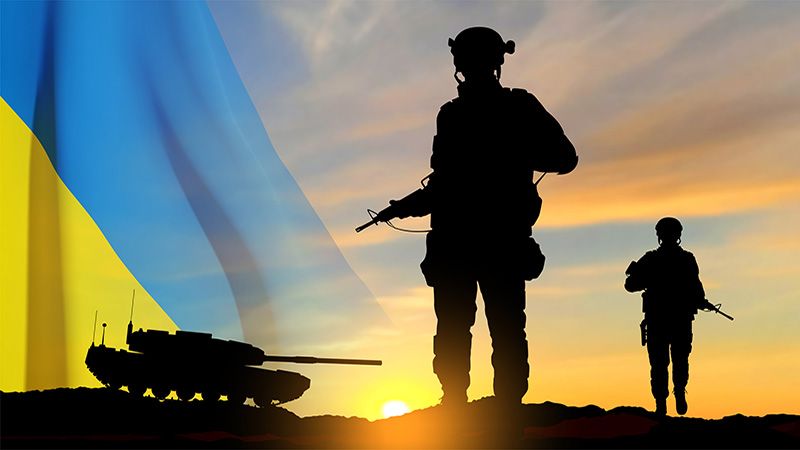New statistics point to a doubling in value of European ESG’s allotments to defence spending.
A new report in the Financial Times, using data from Morningstar Direct, states that around a third of ESG funds in Europe and the UK have increased their investments in the sector to €7.7bn, more than the double last seen in Q1 2022. Back then, those investments were worth €3.2bn.
It is hard to miss the correlation between Russia’s war of aggression of Ukraine, now into its third year, and the rise in value of the defence stocks being held. The Financial Times also argues that much of the increase in value is resultant of governments persuading ESG funds that investing in their tanks and their bombs and their guns is of social benefit.
The Morningstar data also suggests the number of funds holding significant amount of shares in aerospace and defence companies increased from 22 to 60 in the last two years.
See also: 14 countries call on EIB to rethink defence investment
The Financial Times is not the only outlet to weigh in on this subject this week. A few days ago, CNBC called the shift in which ESG funds buy defence stocks ‘profound but controversial’.
It wrote that Swedish firm Saab went from 45,000 to 50,000 shareholders before the Russia-Ukraine conflict to now having 175,000 shareholders. Despite that, Micael Johansson, CEO of the firm, said that there was still some hesitation in the market. Pension funds, he said, were still unwilling to place money in this sector.
CNBC reflected: “Shares of Saab, which produces missiles, submarines and fighter jets, have skyrocketed since the start of Russia’s war with Ukraine — up around 330% between 20 February 2022 and 29 August 2024.”
Any current boon was a situated first predicted more than six months ago. Back then, Hargreaves Lansdown wrote about increasing conflict in Ukraine and the Middle East, saying that it would lead many countries to boost their defence spending for years to come.







